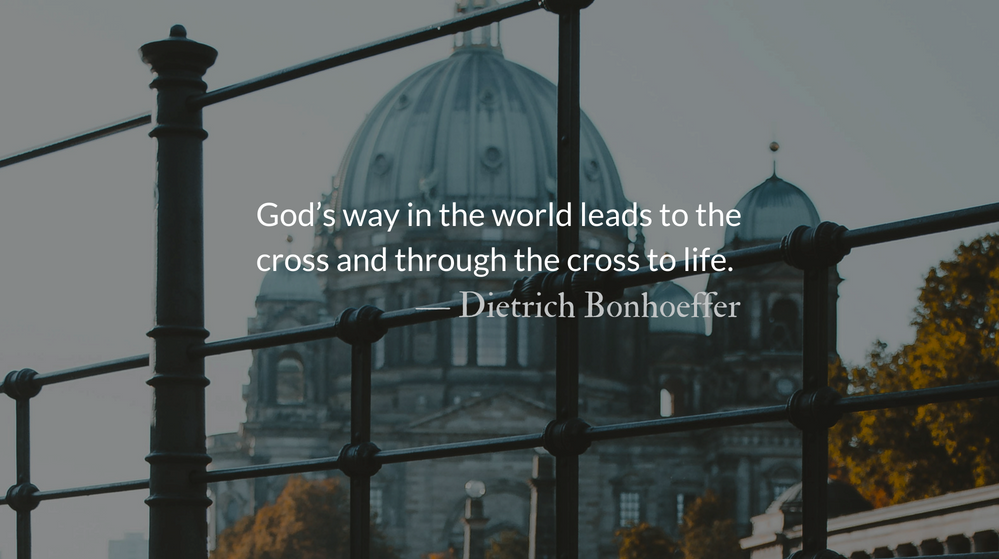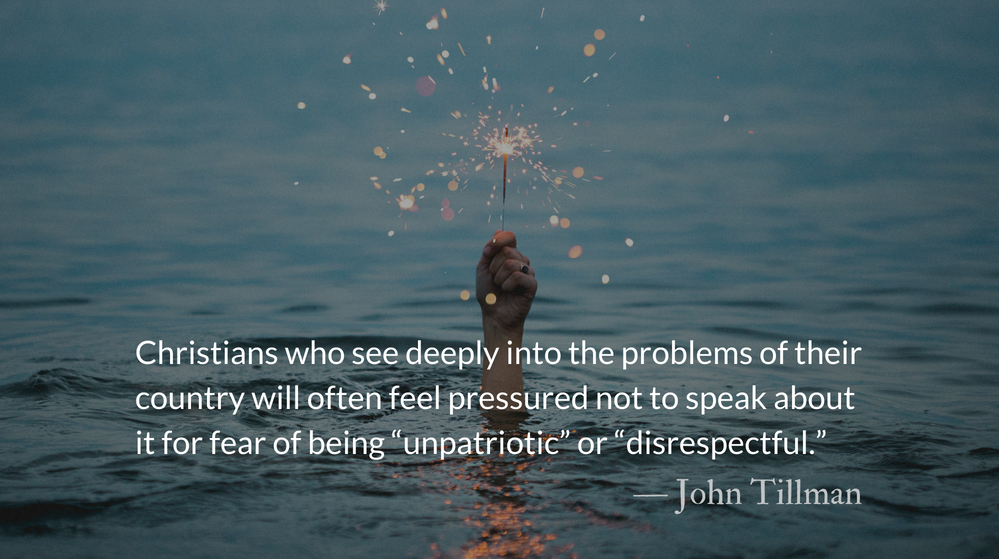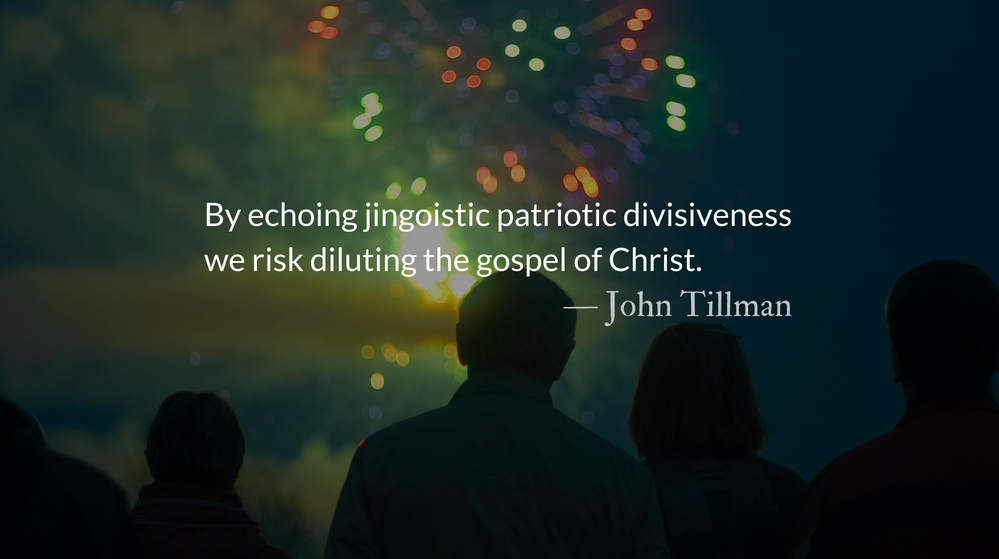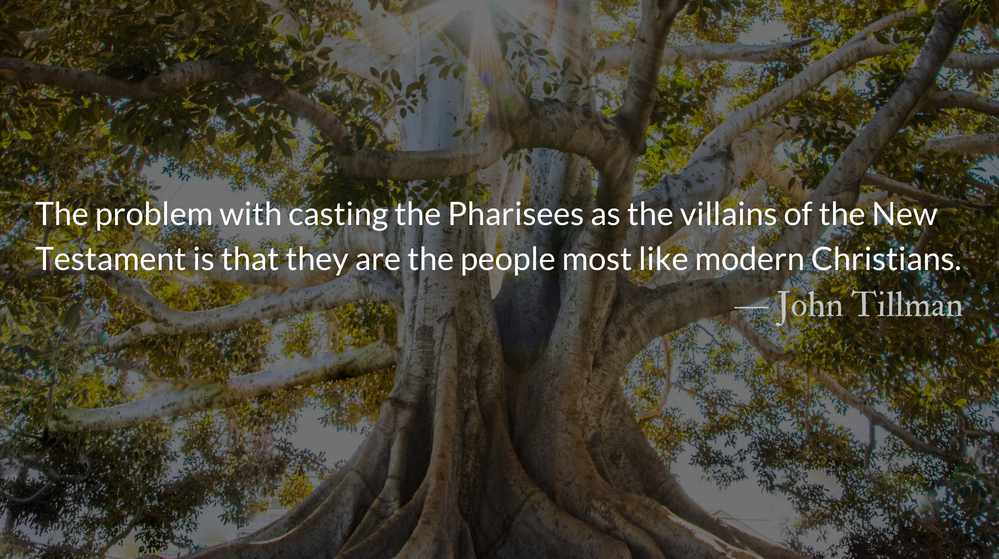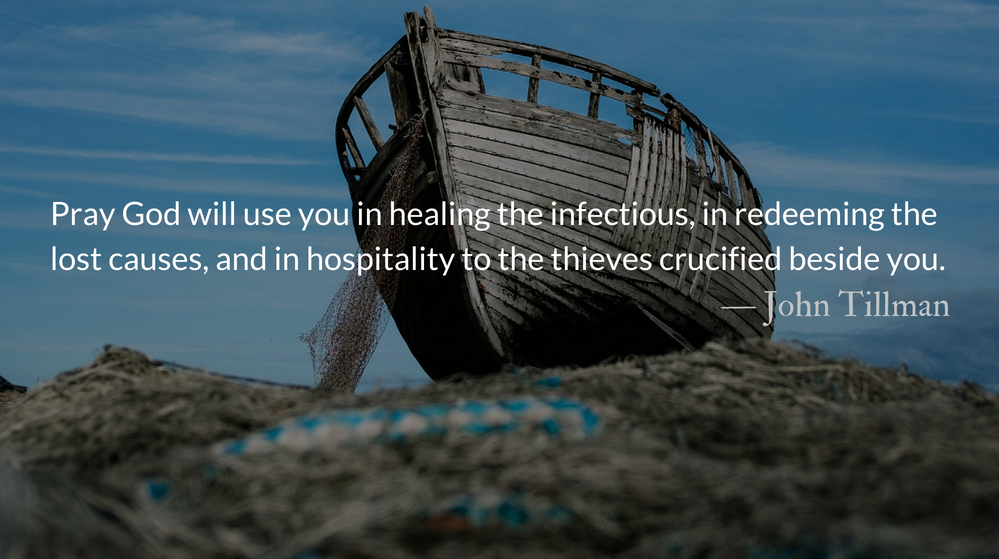Scripture: Matthew 16.26
What good will it be for someone to gain the whole world, yet forfeit their soul? Or what can anyone give in exchange for their soul?
Guided prayers and meditations are a common part of Christian spiritual practice. Return to this prayer through the day or over the weekend, as it will be a different experience based on your mood and surroundings. — John
Reflection: The Path of the Cross :: A Guided Prayer
By John Tillman
This weekend, we pray the words of scripture interspersed with those of Dietrich Bonhoeffer as we struggle, along with Peter, and Jesus himself, to accept the path of suffering.
Imagine Christ, victorious. A champion. Beneficent.
Are you comfortable with the victorious Messiah?
A Christ who brings earthly victory enjoys near universal welcome.
God’s way in the world leads to the cross and through the cross to life. — Dietrich Bonhoeffer
“From that time on Jesus began to explain to his disciples that he must go to Jerusalem and suffer many things at the hands of the elders, the chief priests and the teachers of the law, and that he must be killed and on the third day be raised to life.” Matthew 16.21
Imagine Christ, humiliated. Crushed. Suffering.
How uncomfortable does the suffering servant make you?
Everyone rejected this suffering Christ. Even the closest of his disciples.
“Peter took him aside and began to rebuke him. ‘Never, Lord!’ he said. ‘This shall never happen to you!’”
“Jesus turned and said to Peter, ‘Get behind me, Satan! You are a stumbling block to me; you do not have in mind the concerns of God, but merely human concerns.’” Matthew 16.22-23
How easy it is, in times of confusion like today to fight in the name of Christ against the real Christ. — Dietrich Bonhoeffer
Often our discomfort with the suffering Christ is connected to our current level of comfort.
In our afflictions we are glad to find the suffering Christ joining us.
But in our bliss and blessings, we do not wish to join him on his path.
Ask the Holy Spirit to help you assess your level of comfort, your level of acceptance of the suffering Christ, and your willingness to step into suffering, embracing it as the path to life.
For this reason do not be alarmed, do not be afraid—be faithful! But what does being faithful mean here other than standing and falling with the word of Christ, with his preaching of the kingdom of peace. — Dietrich Bonhoeffer
Pray through these words of Christ.
“Whoever wants to be my disciple must deny themselves and take up their cross and follow me. “Whoever wants to save their life will lose it, but whoever loses their life for me will find it.” Matthew 16.24-35
Prayer: The Call to Prayer
Proclaim the greatness of the Lord our God and worship him upon his holy hill; for the Lord our God is the Holy One. — Psalm 99.9
– Prayer from The Divine Hours: Prayers for Springtime by Phyllis Tickle.
Full prayer available online and in print.
Today’s Readings
Jeremiah 2 (Listen – 5:54)
Matthew 16 (Listen – 3:43)
This Weekend’s Readings
Jeremiah 3 (Listen – 4:40) Matthew 17 (Listen – 3:46)
Jeremiah 4 (Listen – 5:23) Matthew 18 (Listen – 4:25)
Additional Reading
Read More about Looking Back at Good Friday
May we stay alert, for the same adversary stalks us as stalked Peter.
May we accept Christ’s forgiveness, reinstatement, and commission, as did the Apostle, feeding and caring for the shepherdless sheep of our culture.
Readers’ Choice
In August we will look back at our readers’ favorite posts of the year. Submit a Readers Choice post
Tell us about a post and what it meant to you. What post helped you see Christ in your world?

